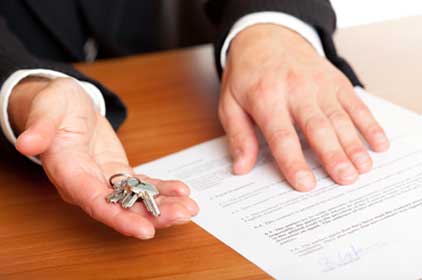 This month in our ‘Ask The Expert’ series, Vidhur Mehra, Finance Director, explains UK property Stamp Duty if you are considering purchasing a Buy To Let property.
This month in our ‘Ask The Expert’ series, Vidhur Mehra, Finance Director, explains UK property Stamp Duty if you are considering purchasing a Buy To Let property.
Q. How much Stamp Duty will I pay if I buy a UK property?
A. Stamp Duty is a transaction tax which is charged by the Government when someone purchases a property, an interest in a property or shares. There are different types of Stamp Duty depending on the type of purchase.
Stamp Duty Land Tax is payable on the purchase of houses, apartments, land and other buildings. The rate increases for the additional portions above the base level of £125,000
Currently, the rates charged for residential property are:
| Property value |
Stamp Duty rate |
| Under £125,000 |
0% |
| The next £125,000 (the portion from £125,001 – £250,000) |
2% |
| The next £675,000 (the portion from £250,001 – £925,000) |
5% |
| The next £575,000 (the portion from £925,001 – £1.5 million) |
10% |
| The remaining amount (the portion above £1.5 million) |
5% |
| £500,000 and purchased by certain non-natural persons |
15% |
Who pays 15% Stamp Duty?
The Government introduced the 15% rate to deter the avoidance of Stamp Duty on the future sales of high value residential properties through enveloped entities such as companies.
Now, when a residential property worth over £500,000 is first purchased by non-natural persons (NNPs) e.g. companies, partnerships with company members and collective investment schemes, Stamp Duty will apply at the new 15% rate.
Property investment businesses are exempt from 15% Stamp Duty
The 15% rate of Stamp Duty does not apply to genuine businesses carrying out commercial activities including property investment purchases. However the exemption is not automatic therefore it must be claimed on an SDLT return which must be submitted on purchase.
How much Stamp Duty will I pay when I buy a UK property?
The following examples will help to illustrate how much an individual will pay on the purchase of a property in the UK.
- A one bedroom apartment in Hendon is bought for £375,000 – Stamp Duty payable will be £8,750, an effective rate of 2.33%
- A two bedroom apartment in Kensington is bought for £1.2m – Stamp Duty payable will be £63,750, an effective rate of 5.31%
- A four bedroom house in Hampstead is bought for £2m – Stamp Duty payable will be £153,750, an effective rate of 7.69%
Are there any exemptions or reliefs on Stamp Duty?
In short, no! Stamp Duty is one of those taxes that everyone has to pay. Although there are several exemptions, they relate only to very restricted circumstances so won’t apply to the average property buyer.
Can I deduct Stamp Duty when calculating my taxable gain?
The good news is that yes, as a landlord, you can deduct the Stamp Duty you paid when purchasing the property when calculating your taxable gain.
More information on Stamp Duty and other UK taxes
The Landlord Resources section of our website has a range of information relating to tax and other aspects of owning a buy-to-let property. Click here for more information.
This includes a guide to the UK tax implications for non-residents holding UK residential investment property which can be found here.
Assistance with completing Tax Returns
We also offer a Tax Return completion service and can provide advice for investors if they are considering buying a new rental property in London. For more information, please email info@benhams.com or call on 020 7319 9730.
International offices















